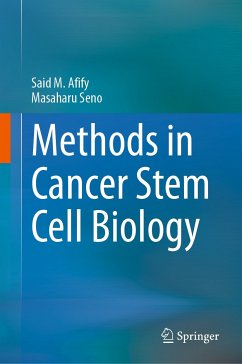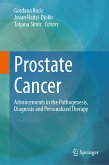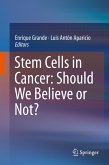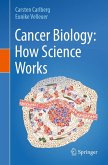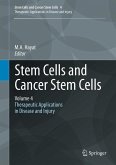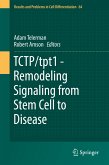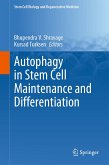This book describes the use of stem cells and cancer stem cell generation in the inflammatory microenvironment (cancer-inducing niche) using induced pluripotent stem cells. It provides step-by-step techniques and manuals for studying stem cell and cancer stem cell generation with different applications in cancer research.
The book provides easy-to-follow protocols that help researchers in the study of cancer stem cells. Illustrations help readers understand how the method of cancer stem cell generation can be applied as an essential method for assessing the carcinogenic potential of various non-mutagenic compounds. It will be a useful resource for graduate students, researchers, technicians, and physicians working in academic, hospital, and pharmaceutical settings.
The development of induced pluripotent stem cells has provided a new approach to studying cancer initiation by producing cancer stem cells without introducing mutations or foreign genes. The book features the research of the authors' group, which was the first to generate cancer stem cells from stem cells in the presence of inflammatory conditions.
The 20 chapters if this book cover topics such as generating pluripotent stem cells, converting normal stem cells to cancer stem cells, enriching, isolating and evaluating cancer stem cells. Methods for evaluating the characteristics of cancer stem cells and possible therapies against them are also discussed.
The book provides easy-to-follow protocols that help researchers in the study of cancer stem cells. Illustrations help readers understand how the method of cancer stem cell generation can be applied as an essential method for assessing the carcinogenic potential of various non-mutagenic compounds. It will be a useful resource for graduate students, researchers, technicians, and physicians working in academic, hospital, and pharmaceutical settings.
Dieser Download kann aus rechtlichen Gründen nur mit Rechnungsadresse in A, B, BG, CY, CZ, D, DK, EW, E, FIN, F, GR, HR, H, IRL, I, LT, L, LR, M, NL, PL, P, R, S, SLO, SK ausgeliefert werden.
Es gelten unsere Allgemeinen Geschäftsbedingungen: www.buecher.de/agb
Impressum
www.buecher.de ist ein Internetauftritt der buecher.de internetstores GmbH
Geschäftsführung: Monica Sawhney | Roland Kölbl | Günter Hilger
Sitz der Gesellschaft: Batheyer Straße 115 - 117, 58099 Hagen
Postanschrift: Bürgermeister-Wegele-Str. 12, 86167 Augsburg
Amtsgericht Hagen HRB 13257
Steuernummer: 321/5800/1497
USt-IdNr: DE450055826
Bitte wählen Sie Ihr Anliegen aus.
Rechnungen
Retourenschein anfordern
Bestellstatus
Storno

